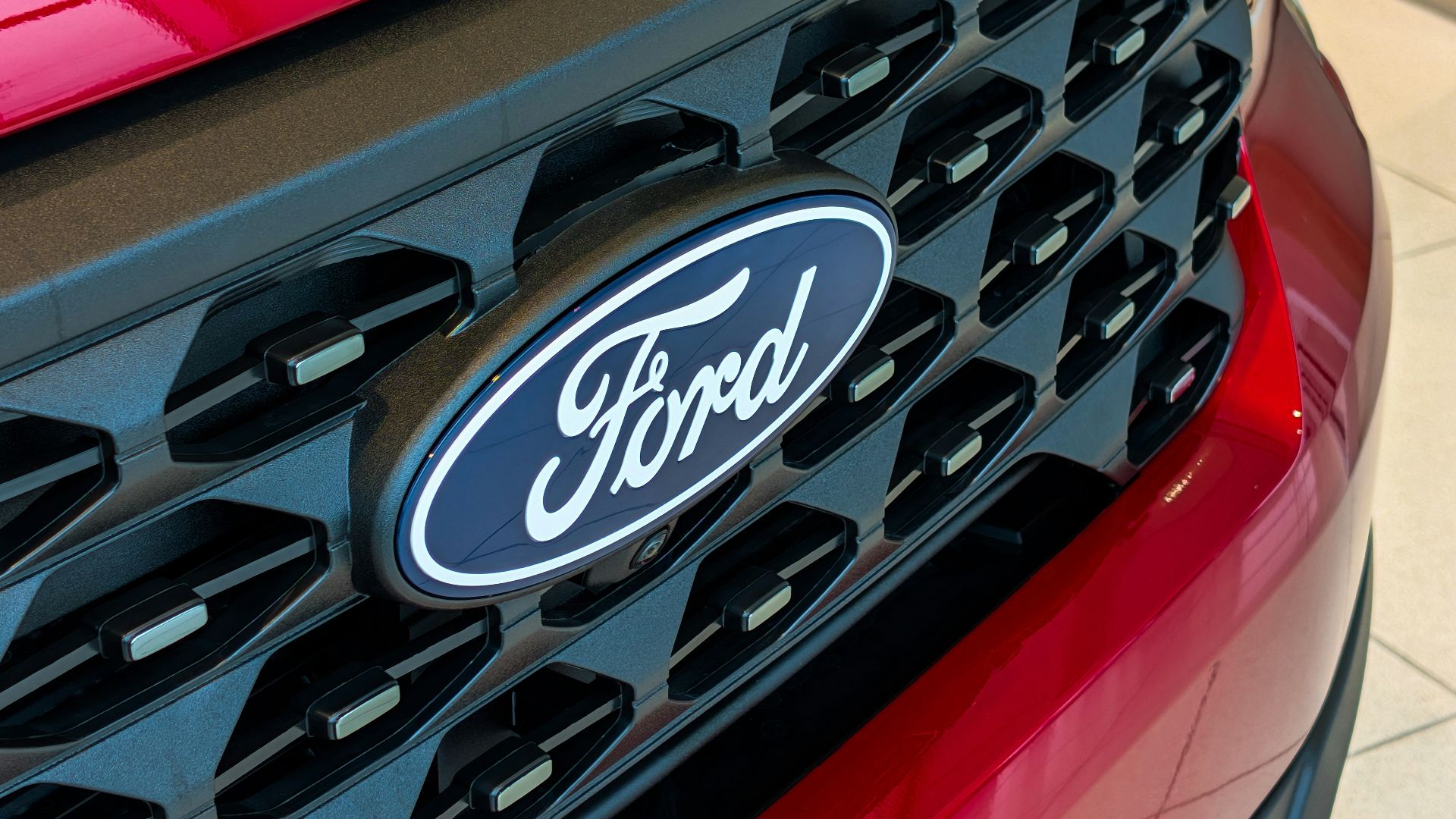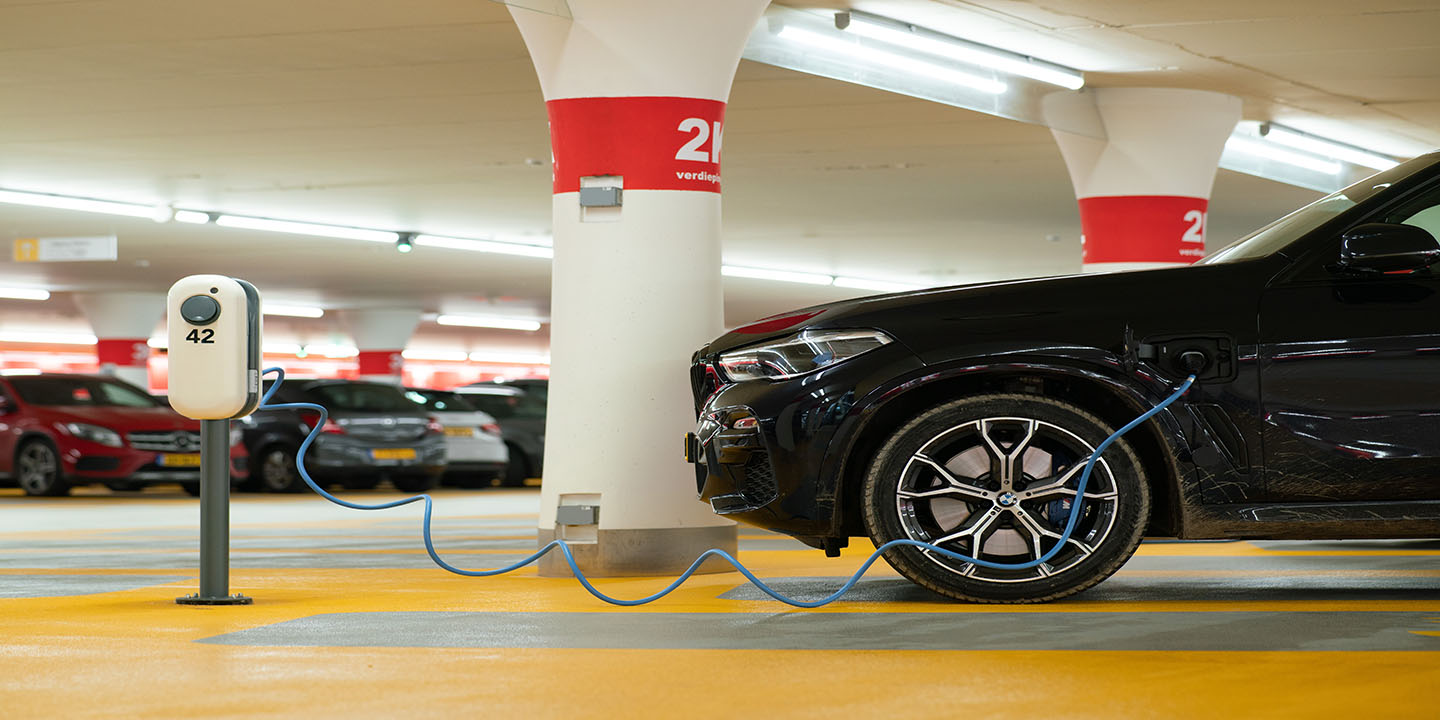The news of Ford recalling 800,000 vehicles hits with a strange mix of déjà vu and mild disbelief. We keep thinking the era of massive recall alerts should’ve faded by now, yet here is another headline leading another wave of drivers to check their VINs at the next stoplight. Recalls aren’t shocking anymore, but they still carry that jolt and important reminder that even the biggest players can trip over the basics. This latest recall involves a critical fuel system defect. Investigations by the U.S. National Highway Traffic Safety Administration (NHTSA) found that fuel injectors or fuel pumps in affected models are prone to developing cracks or failures, causing fuel leaks.
When “Minor Issues” Turn Major
Automakers often describe recalls with cautious phrasing, using terms like “potential fuel pump malfunction” or “possible safety concern” to soften the reality. Behind the corporate language lurks real risk.
In Ford’s case, fuel injectors in hundreds of thousands of vehicles developed cracks that could cause dangerous fuel leaks, raising the risk of engine fires or stalls. What may start as a small, isolated defect quickly grows into a nationwide safety alert affecting hundreds of thousands of drivers.
Quality Control Beyond the Showroom Floor
Manufacturers tout rigorous testing and quality control, but large recalls reveal the cracks in those systems, no pun intended. Supply chain complexity, high production speeds, and reliance on external suppliers all create pressure points where defects can slip through.
These issues can persist despite multiple rounds of software updates or attempted fixes, making recalls inevitable. The 2025 J.D. Power U.S. Vehicle Dependability Study found that the number of vehicle problems per 100 units has reached a 16-year high, increasing by 12 problems per 100 vehicles from the previous year. Much of this decline is driven by mass-market brands affected by software glitches but also reflects broader manufacturing and supply chain issues.
When Recalls Become a Hassle for Drivers
Recall notices place a significant burden on vehicle owners who must navigate the often frustrating and time-consuming process of scheduling dealership visits and waiting for repairs for issues they did not cause. While the repair itself is typically free under warranty or recall policy, the time lost waiting in service bays, rearranging work or personal schedules, and enduring the uncertainty about vehicle safety in the interim can be substantial.
The Brand Trust Deficit
Cars carry more than passengers; they carry owners’ trust and pride. One large-scale recall shakes that foundation. Consumers begin to wonder if such a serious defect was missed, what else might be lurking? This skepticism isn’t cynicism; it’s the pragmatic caution of anyone who understands that manufacturing failures rarely occur in isolation.
A Chance for Change—If Industry Listens
The troubling number and variety of recalls Ford faced this year highlight systemic challenges in quality assurance, supply chain management, and corporate culture. This is not just a minor glitch; it signals the need for fundamental reassessment and improvement.
The hope is that the scale and impact of these recalls push decision-makers to prioritize long-term vehicle reliability and safety above short-term production targets. That means embracing quality from the ground up with greater supplier oversight, cutting-edge defect detection technologies, and fostering a culture that empowers frontline workers and engineers to address problems early.









